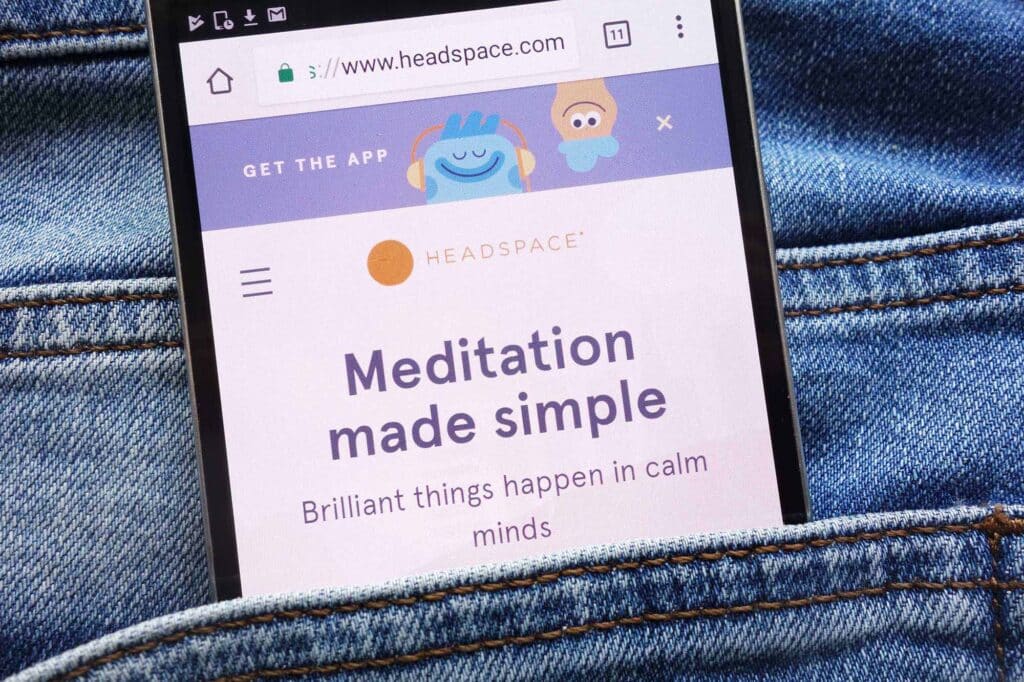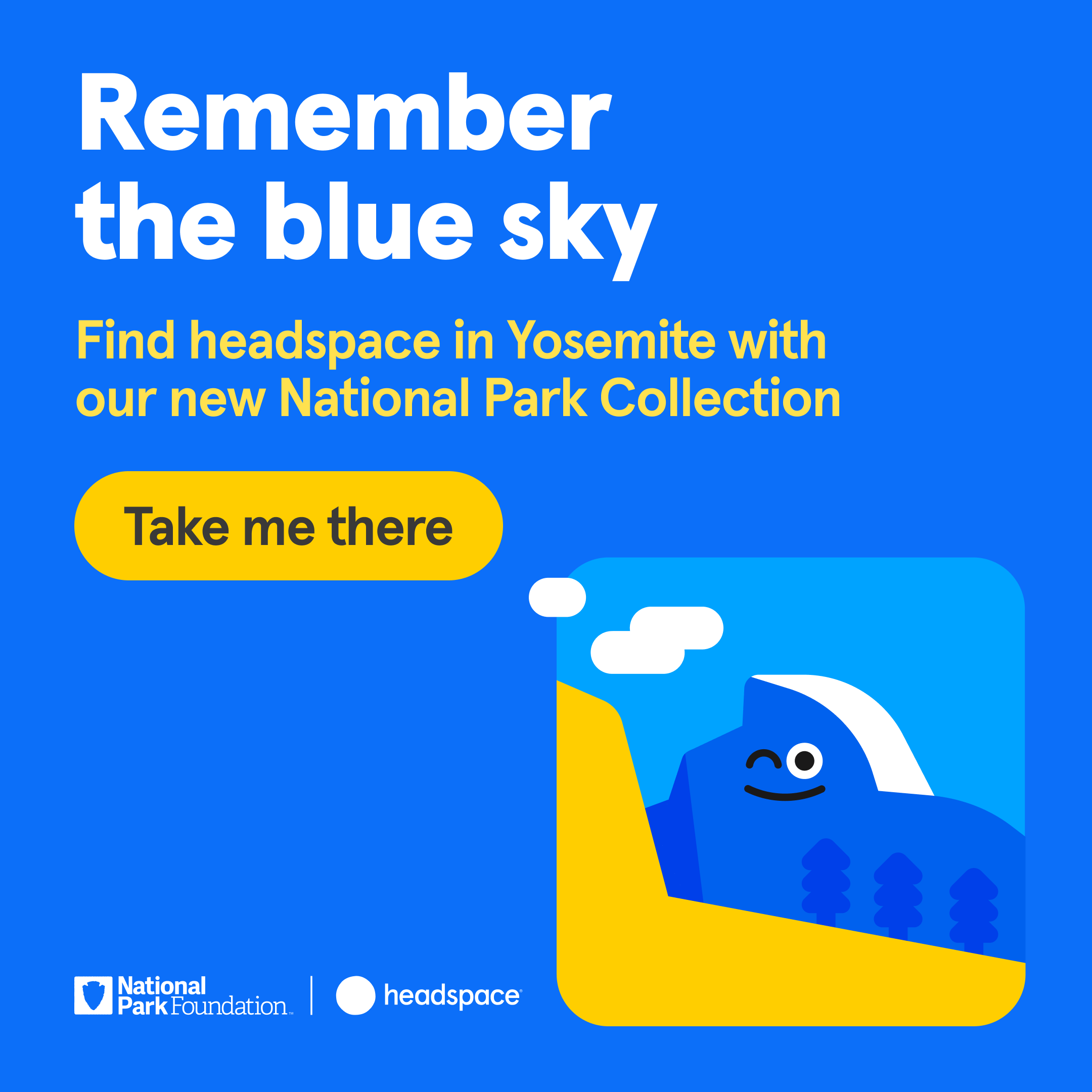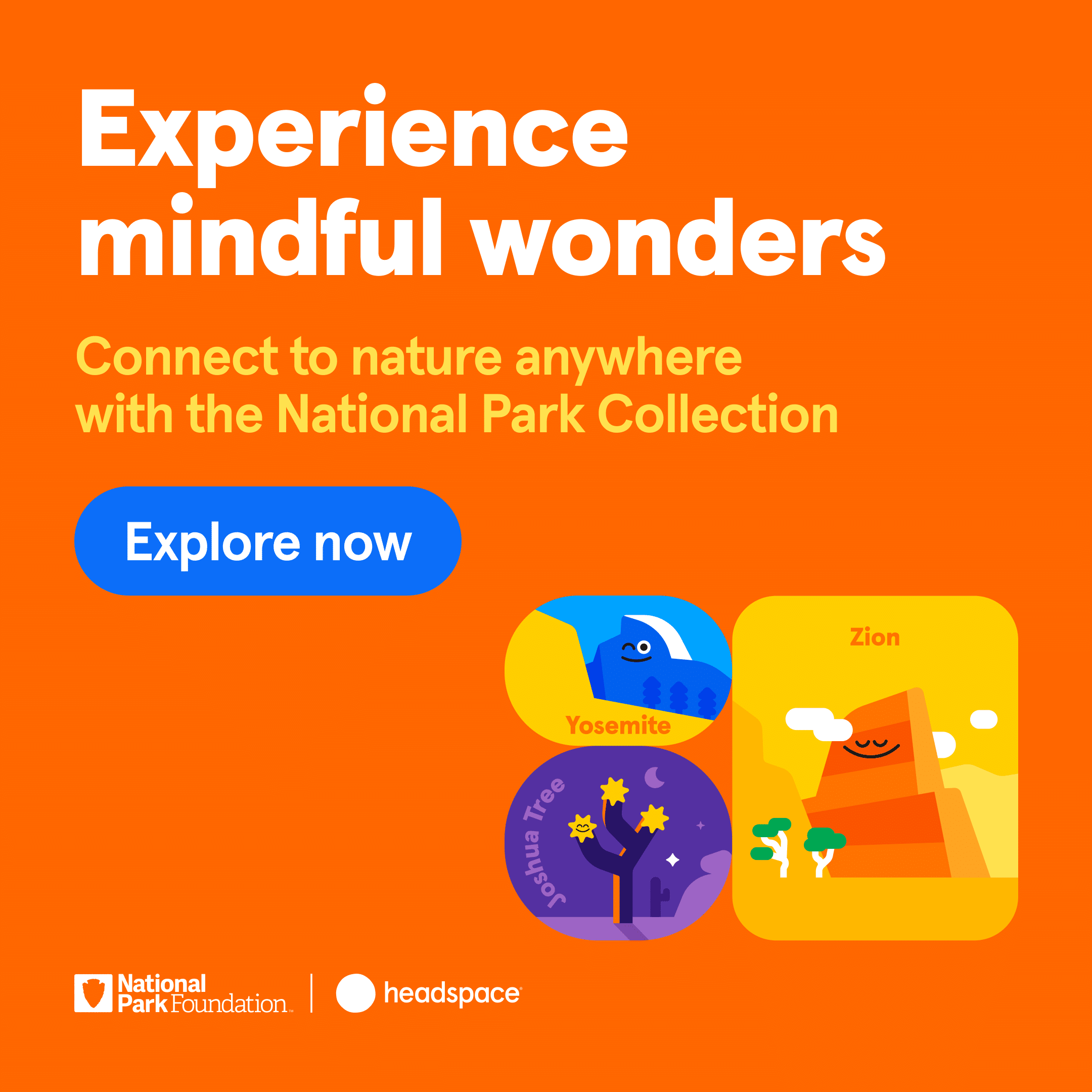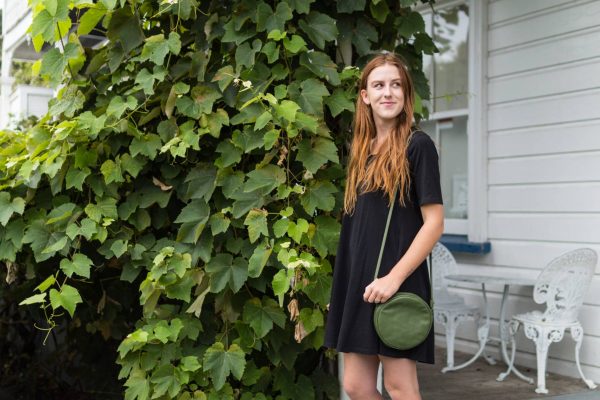Dealing with Climate Anxiety? Here are some Expert Tools & Tips to Help You Manage
Practice self-care with these mindfulness techniques
Kira Simpson
Have you ever had that overwhelming feeling of fear or helplessness when you think about the current and future state of our planet?
If you answered yes, then you’re not alone.
The phenomenon, known as climate anxiety, is being experienced by more and more people – and in the past 12 months, Google searches for “climate anxiety” have soared 565%.
And anyone who’s experienced it knows that it can feel as though you are literally carrying the weight of the world on your shoulders.

So, what can you do if you are dealing with climate anxiety?
First, know that it’s completely normal and your feelings are justified. And there are a few simple yet impactful things we can do to help build our mental resilience to better cope with the challenges of our time.
These are just a few simple strategies to help you deal with feelings of climate anxiety based on expert advice. These tips are not meant to replace professional help.
Learn to meditate – with expert help
Incorporating meditation into your daily routine is a simple yet powerful way to build mental resilience.
Regular meditation practice has been linked to a range of benefits, from increased feelings of calm and relaxation to improved cognitive function and reduced symptoms of depression and anxiety.
All it takes is a few moments each day to focus on your breath and quiet your mind.
But, as anyone who has tried meditation for even a few minutes knows, quieting our minds and staying with what is right in front of us is a lot easier said than done.
The good thing about meditation is that it’s a skill that can be developed over time. Like any habit, the more you practice, the easier it becomes
That’s where Headspace can help.

Headspace offers a wide range of guided meditations, mindfulness exercises, and sleep aids that can help us tune out the noise of the world and focus on our inner selves.
With sessions ranging from just a few minutes to more extended practices and themed meditations specifically designed to help manage anxiety, build resilience, and promote positive thinking.
One study showed that four weeks of using the Headspace app could increase focus by 14%, while another showed that just a single session cuts mind-wandering by 22%. Another study showed that 30 days of Headspace resulted in an 11% increase in mental resilience.
Whether you’re a seasoned meditator or just getting started, Headspace will help you with your meditation journey – sign up for your free trial here.
Make nature a regular part of your routine
In a world constantly surrounded by news and distractions, getting outside and immersing ourselves in the natural world can provide a much-needed respite.
And the science backs this up – spending just two hours across a week in nature has been proven to boost our mental health and well-being.
Immersing yourself in and finding connection with nature can be deeply restorative.
In fact, the simple act of being outside can create neurological and chemical changes in our brains, contributing to stress reduction and recovery. The research is so compelling that doctors are prescribing a dose of nature in support of sustainable health care.
In Japan, they’ve even given it a name: Shinrin-Yoku, or ‘forest bathing’. This practice involves spending time in natural environments, whether walking in the forest or simply sitting under a tree and listening to the sounds of nature.
The magic here is the simple act of slowing down and taking in our surroundings can help us feel less stressed, lower blood pressure, and improve our mood.
If you don’t have access to the outdoors, there are many small but measurable benefits of nature experiences we can incorporate around our homes.
- Start a small garden: Even if you live in an urban area, you can still connect with nature by starting a small garden in pots on your balcony or windowsill.
- Bring the outdoors inside: Adding plants to your home or office can help bring a sense of calm and tranquillity to your space. Create an indoor oasis to bring Shinrin-Yoku into your lounge room.
- Listen to nature sounds: Listening to sounds of nature, like crashing waves or birds singing, can help reduce stress and promote relaxation. Headspace’s new National Park Collection helps you connect with the natural world through an immersive sensory experience. It features a series of guided meditations inspired by some of America’s most iconic and awe-inspiring national parks, including Yosemite, Joshua Tree, and the Grand Canyon. Each meditation is designed to transport you into specific parks through wind-downs and sleepcasts, which are stories set in the parks. So even if you can’t physically get outside, you can still bring the calming effects of the outdoors with you wherever you go.


Switch off occasionally
Social media has some wonderful benefits, but when we use it all day, every day, it can impact our well-being. And in today’s hyper-connected world, it’s easy to get caught up in the constant stream of climate-related content dominating our newsfeeds.
It’s no surprise that we’re feeling anxious about all.
We spend a conservative average of 2.5 hours daily scrolling on social media. And if your algorithm is geared towards climate news, you’re dealing with a barrage of negative information that could be damaging to your mental health.
Studies have shown people who spend more time on social media consuming content related to disasters tend to experience worse mental health outcomes.
This is not to say we should bury our heads in the sand.
Education and awareness are crucial for tackling climate change. But at some point, the social scrolling stops being helpful, and media overload becomes harmful.
This is when we need to consciously switch off and actively take breaks from being online:
- Turn off notifications for social media apps.
- Use social media limiting apps to restrict your screen time.
- Leave your phone in another room while doing tasks. You’ll be more focused and in the present.
- Stop scrolling a few hours before bedtime to give yourself time to wind down – it will also help you sleep better. Leave your phone in a spot you can’t reach to help you avoid the urge to start scrolling.
- My personal favourite – going offline from Friday evening to Sunday evening. Unplugging from social media for 48 hours gives me space to recharge – and it’s done wonders for my mental well-being.


